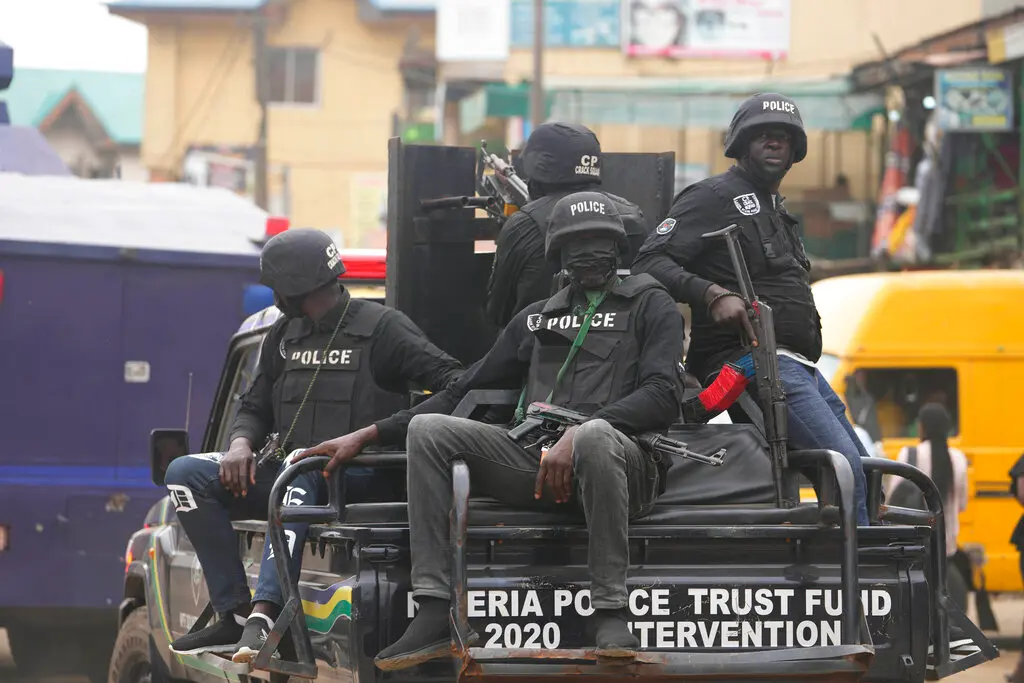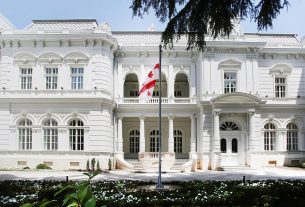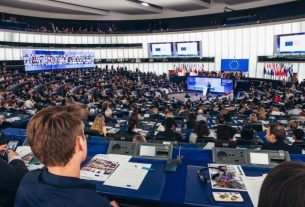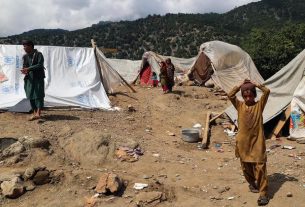At least 10 people have been killed in suspected intercommunal attacks in Plateau State, Nigeria, according to local authorities. The violence, which occurred on Wednesday, is part of a broader pattern of ethnic and religious clashes in the region, exacerbated by long-standing land disputes between Muslim Fulani herders and predominantly Christian farmers.
Amalau Samuel Amalau, the chairman of the Bokkos local government area, confirmed the deaths, noting that this latest attack brings the total number of casualties to 20 in the past week. The violence occurred in various villages across Plateau, including Manguna, where a local resident, Maren Jushua, recounted how attackers stormed his village, killing four people. “I and my brothers managed to hide. After they left, we found four people dead,” Jushua told AFP.
The root causes of these clashes are complex. While some local officials, such as Bokkos government figure Farmasum Fuddang, have attributed the violence to “ethnic and religious cleansing” by attackers reportedly speaking the Fulani dialect, experts argue that the conflict is driven by a mixture of factors. The region has long experienced tensions between farmers and herders over land, with climate change and growing populations intensifying these disputes.
Land grabbing, illegal mining, and political factors also contribute to the ongoing unrest. In urban centers, where both Muslims and Christians live side by side, even minor disputes can escalate into large-scale violence.
As intercommunal violence continues to escalate, the situation remains a critical challenge for Nigeria, particularly in Plateau State, which has long been a hotspot for ethnic and religious conflict.
Nigeria Police Force (AP pic) Via FMT



